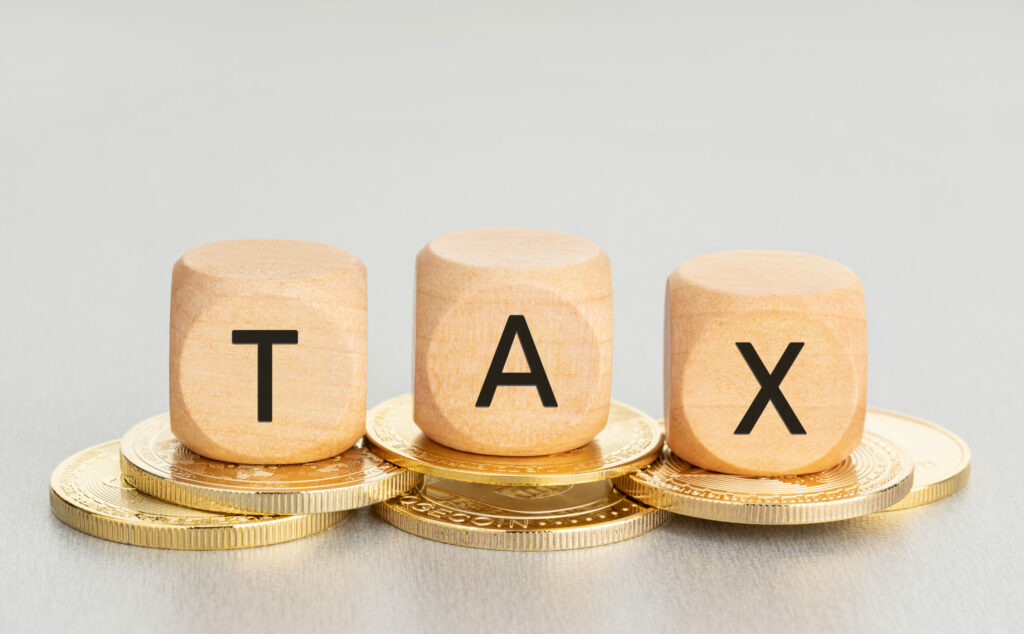Cryptocurrency Tax Services

Who needs to pay Crypto Taxes?
- If you have bought or sold cryptocurrency, you may have tax obligations. This includes individuals, businesses, and investors who have realized gains or losses from cryptocurrency transactions.
How do Crypto Taxes work?
- Cryptocurrency taxes are calculated based on the gains or losses from buying or selling cryptocurrency. If you sell cryptocurrency for more than you paid for it, you have realized a capital gain and will owe taxes on the gain. If you sell cryptocurrency for less than you paid for it, you have realized a capital loss and may be able to deduct the loss on your tax return.


How to comply with Cryptocurrency Tax laws and regulations?
- To comply with cryptocurrency tax laws and regulations, it is important to keep accurate records of your cryptocurrency transactions, including the dates of purchases and sales, the amount paid or received, and the fair market value of the cryptocurrency at the time of the transaction. You will need to report your cryptocurrency gains and losses on your tax return and pay any taxes owed.
- If you have questions or concerns about cryptocurrency taxes, it is recommended that you consult with a tax professional or use tax preparation software to ensure that you are in compliance with tax laws and regulations.
Frequently Asked Questions
While cryptocurrency transactions can offer some level of privacy, tax authorities have increasingly sophisticated tools to track and analyze blockchain transactions. Additionally, many countries require cryptocurrency exchanges to maintain Know Your Customer (KYC) and Anti-Money Laundering (AML) procedures, which can provide tax authorities with information about users and their transactions. It is essential to comply with tax laws and report your transactions accurately.
Yes, mining rewards are considered income and are subject to income tax. The fair market value of the mined cryptocurrency at the time of receipt should be included in your gross income.
Yes, you should report all your cryptocurrency transactions, regardless of whether you made a profit or not. Failure to report your transactions could result in penalties or an audit by tax authorities.











